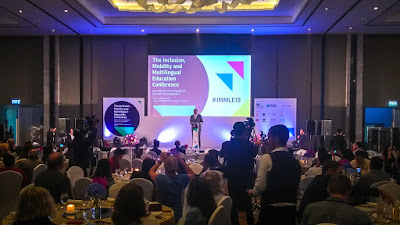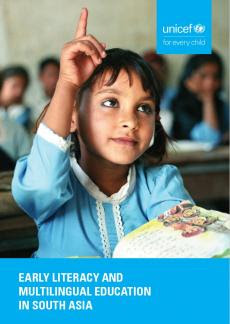Creating Books in Mother Tongues and Internatonal Literacy Day 2025 highlights

It's always good to see that around World Literacy Day extra articles are coming out to promote the value of literacy, and occasionally people will mention the value of the local languages. We have made a selection of some of the relevant ones related to the production of books. On the 8th of September, International Literacy Day is observed across countries. But what special meaning could literacy hold for multilingual education in India? We will focus on a few efforts that show true literacy is not just about statistics, but about ensuring people can read, learn, and think in their own mother tongues. The creation of books and learning resources in local languages plays a vital role in this process, helping bridge the gap between literacy and inclusion. Let us look at three recent stories that highlight how such initiatives are strengthening multilingual education. Finally, we will take a quick glance at a few highlights of International Literacy Day from India and UNESCO. 1. ...


